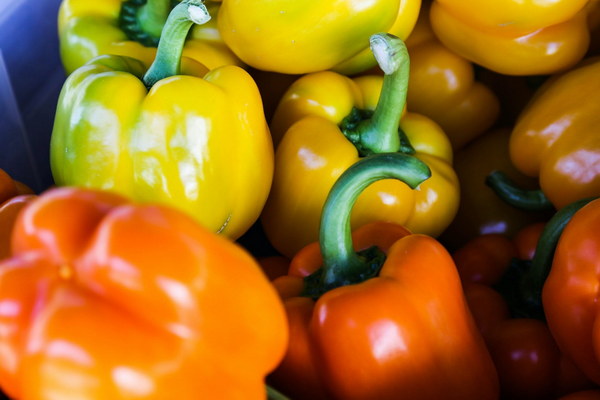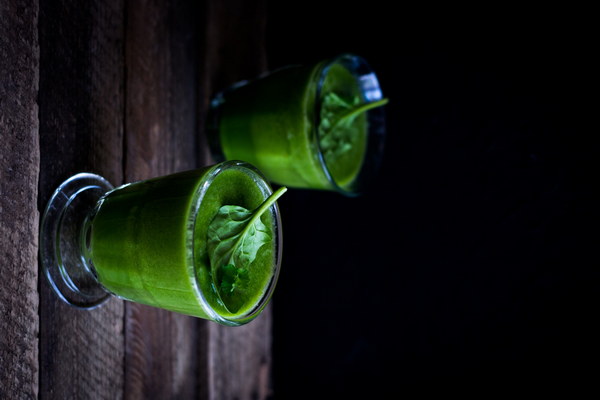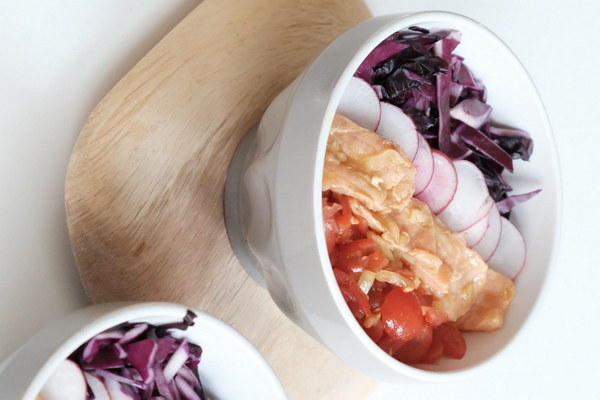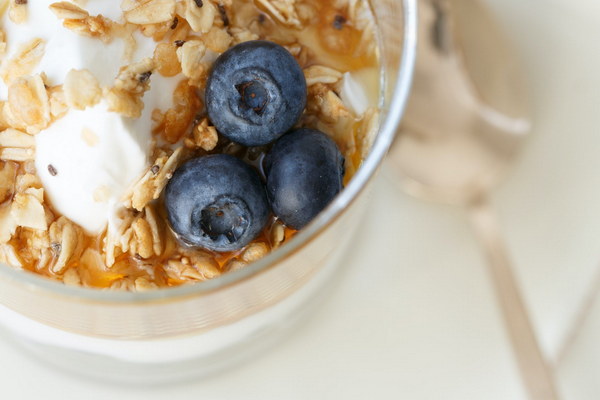Nurturing Your Liver A Comprehensive Guide to LiverHealthy Eating
The liver is a vital organ responsible for filtering toxins from the blood, metabolizing nutrients, and producing bile. Keeping your liver healthy is essential for overall well-being. Adopting a liver-healthy diet can help you maintain optimal liver function. This article will discuss the key principles of an effective liver-healthy eating plan, along with practical tips to help you incorporate these principles into your daily meals.
1. Reduce Alcohol Consumption
Alcohol is a primary culprit for liver damage. Excessive alcohol intake can lead to fatty liver disease, hepatitis, and cirrhosis. To support liver health, limit your alcohol consumption to moderate levels. For women, this means up to one drink per day, and for men, up to two drinks per day.
2. Avoid Processed and Refined Foods
Processed and refined foods are high in unhealthy fats, sugars, and artificial ingredients. These foods can contribute to inflammation and oxidative stress, which may harm the liver. Instead, opt for whole, unprocessed foods to minimize liver damage.
3. Increase Intake of Fruits and Vegetables

Fruits and vegetables are rich in vitamins, minerals, and antioxidants, which help protect the liver from oxidative stress and inflammation. Aim to incorporate a variety of colorful fruits and vegetables into your daily diet, such as berries, leafy greens, cruciferous vegetables, and citrus fruits.
4. Include Healthy Fats
Healthy fats, such as omega-3 fatty acids, can help reduce liver inflammation and improve liver function. Incorporate sources of omega-3 fatty acids into your diet, such as fatty fish (like salmon, mackerel, and sardines), flaxseeds, chia seeds, and walnuts.
5. Consume Antioxidant-Rich Foods
Antioxidants help neutralize harmful free radicals that can damage liver cells. Foods high in antioxidants include dark chocolate, nuts, berries, and green tea. Including these foods in your diet can help support liver health.
6. Stay Hydrated
Proper hydration is crucial for liver function. Drinking plenty of water helps flush out toxins and supports liver detoxification. Aim for at least 8 cups of water per day, or more if you are active or live in a hot climate.
7. Limit Sugar and Artificial Sweeteners
Excessive sugar and artificial sweeteners can contribute to fatty liver disease. Minimize your intake of sugary beverages, desserts, and processed foods containing high fructose corn syrup or artificial sweeteners.
8. Choose Lean Proteins
Proteins are essential for liver repair and regeneration. Choose lean protein sources, such as poultry, fish, lean beef, and plant-based options like legumes and tofu. These foods provide the necessary amino acids for liver health without contributing to excessive fat accumulation.
9. Avoid Overeating
Overeating can lead to obesity, which is a significant risk factor for non-alcoholic fatty liver disease (NAFLD). Practice portion control and listen to your body's hunger and fullness cues to maintain a healthy weight and support liver function.
10. Consult with a Healthcare Professional
If you have specific health concerns or conditions, it's essential to consult with a healthcare professional before making significant changes to your diet. They can provide personalized advice based on your individual needs.
By incorporating these liver-healthy eating principles into your daily routine, you can help protect your liver and promote overall well-being. Remember, maintaining a balanced diet is just one aspect of liver health; regular exercise, adequate sleep, and stress management are also crucial for optimal liver function.









